Alkaline soil question.
SouthCountryGuy Zone 4b-5 SE BC
9 years ago
Related Stories

GARDENING GUIDESGrow a Beautiful Garden in Alkaline Soil
Got alkaline soil? Learn how to manage it and the many beautiful plants that will thrive in this ‘sweet’ soil
Full Story
FARM YOUR YARDHow to Get Good Soil for Your Edible Garden
The nutrients in your soil feed the plants that feed you. Here are tips on getting it right — just in time for planting season
Full Story
GARDENING GUIDESGardening Solutions for Heavy Clay Soils
What’s a gardener to do with soil that’s easily compacted and has poor drainage? Find out here
Full Story
GARDENING GUIDESHow to Stop Worrying and Start Loving Clay Soil
Clay has many more benefits than you might imagine
Full Story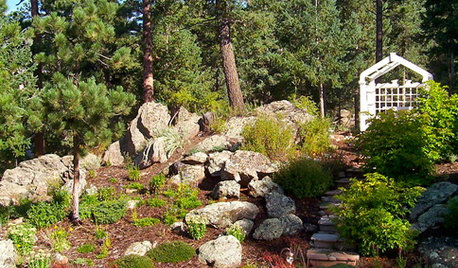
GARDENING GUIDESHave Acidic Soil in Your Yard? Learn to Love Gardening Anyway
Look to acid-loving plants, like conifers and rhododendrons, to help your low-pH garden thrive
Full Story
GARDENING GUIDESGet the Dirt on Your Garden’s Soil
Understand how your soil supports your plants so you can ensure your garden’s success
Full Story
GARDENING GUIDESHow to Pick a Mulch — and Why Your Soil Wants It
There's more to topdressing than shredded wood. Learn about mulch types, costs and design considerations here
Full Story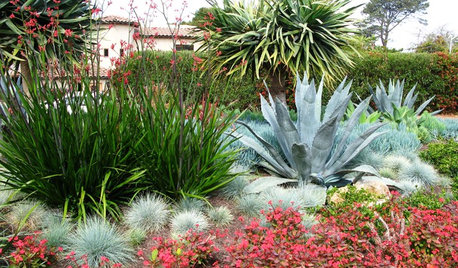
GARDENING GUIDESGardening Solutions for Dry, Sandy Soils
Has your desert or beachy site withered your gardening creativity? Try these ideas for a beautiful, easy-care landscape
Full Story
GARDENING GUIDESHouzz TV: Make a Worm Bin for Rich Soil and Happy Plants
A worm-powered compost bin that can fit under a sink turns food scraps into a powerful amendment for your garden. Here’s how to make one
Full Story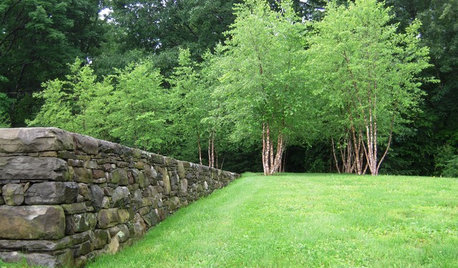
LANDSCAPE DESIGNFlood-Tolerant Native Trees for Soggy Soil
Swampy sites, floodplains, even standing water ... if you've got a soggy landscape, these trees are for you
Full StoryMore Discussions






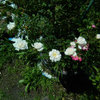
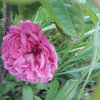


jerijen
bluegirl_gw
Related Professionals
East Rancho Dominguez Landscape Architects & Landscape Designers · Middle Island Landscape Architects & Landscape Designers · River Forest Landscape Architects & Landscape Designers · Elgin Landscape Contractors · Biloxi Landscape Contractors · Bristol Landscape Contractors · Brunswick Landscape Contractors · Eureka Landscape Contractors · Vacaville Landscape Contractors · Cypress Swimming Pool Builders · Fallbrook Swimming Pool Builders · Grand Rapids Swimming Pool Builders · League City Swimming Pool Builders · Carmel Siding & Exteriors · Franklin Square Siding & Exteriorsnikthegreek
michaelg
jerijen
cath41
nikthegreek
jerijen
michaelg
SouthCountryGuy Zone 4b-5 SE BCOriginal Author
nikthegreek
BlushingNewbieRose
nikthegreek
SouthCountryGuy Zone 4b-5 SE BCOriginal Author